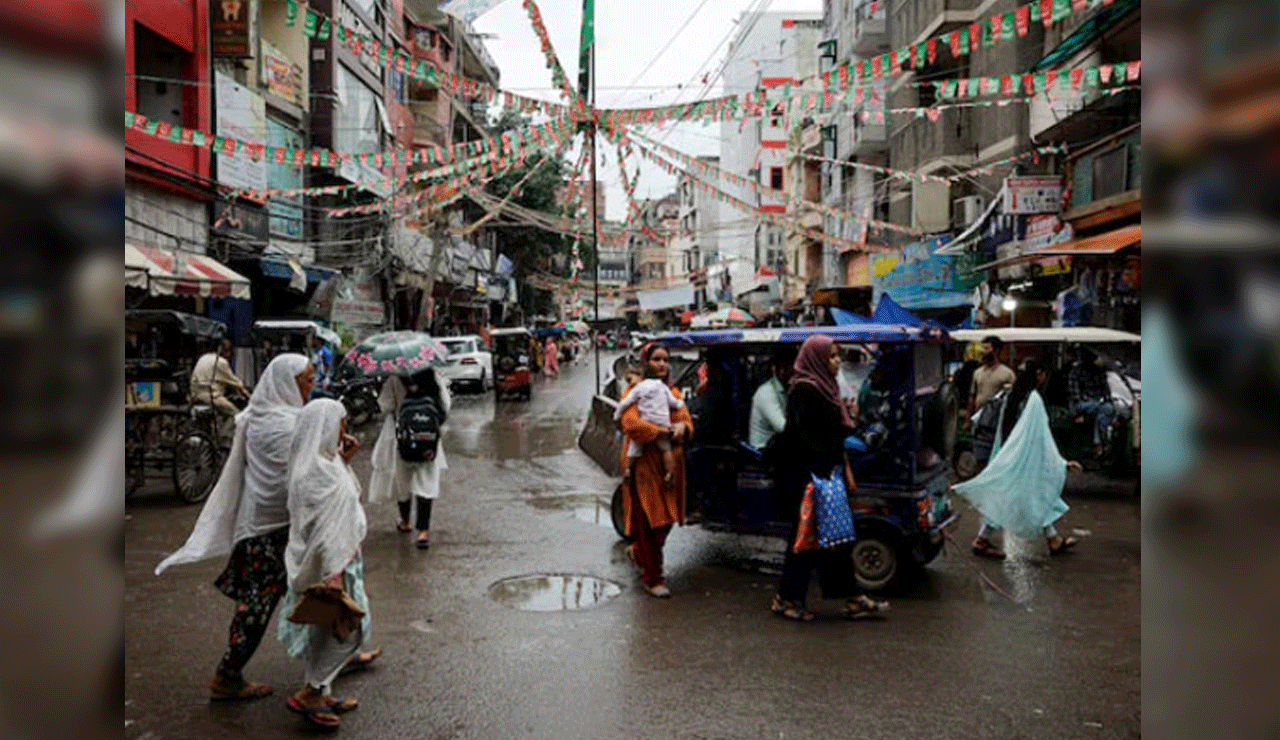India Slams Bangladesh for Remarks on West Bengal Violence Over Waqf Bill
India on Friday firmly rejected comments made by Bangladesh officials regarding the recent violence in West Bengal, following protests against the amended Waqf bill. The Ministry of External Affairs (MEA) issued a sharp statement dismissing the remarks as unwarranted and misleading.

New Delhi: India on Friday firmly rejected comments made by Bangladesh officials regarding the recent violence in West Bengal, following protests against the amended Waqf bill. The Ministry of External Affairs (MEA) issued a sharp statement dismissing the remarks as unwarranted and misleading.
Table of Contents
🇮🇳 MEA Slams Bangladesh for Drawing Parallels with Minority Issues
In its official response, the MEA stated:
“We reject the remarks made by the Bangladesh side with regard to the incidents in West Bengal. This is a barely disguised and disingenuous attempt to draw a parallel with India’s concerns over the ongoing persecution of minorities in Bangladesh.”
India emphasized that the criminal perpetrators of minority persecution in Bangladesh continue to roam free and urged Dhaka to focus inward.
India Calls Out Virtue Signaling by Bangladesh
The Indian government further accused Bangladesh of virtue signaling and making unwarranted statements rather than addressing real issues:
“Instead of making unwarranted comments and indulging in virtue signaling, Bangladesh would do better to focus on protecting the rights of its own minorities.”
This comes amid heightened diplomatic sensitivities, especially as violence in West Bengal over the Waqf Bill amendments draws both domestic and international attention.
Also Read: Tarnaka Junction Finally Reopens: Hyderabad Traffic Gets Major Relief
Background: Waqf Bill Protest Sparks Tensions
The amended Waqf bill has stirred controversy in parts of India, with West Bengal witnessing clashes and protests. The situation prompted remarks from certain Bangladeshi officials, which India has now officially condemned as inappropriate.
Diplomatic Implications Ahead of High-Level Talks
This diplomatic row unfolds as both countries continue engagements on bilateral trade, border issues, and minority rights, with Bangladesh Deputy PM Ishaq Dar expected to visit India later this month. The latest exchange may add friction to otherwise strategic relations between New Delhi and Dhaka.
